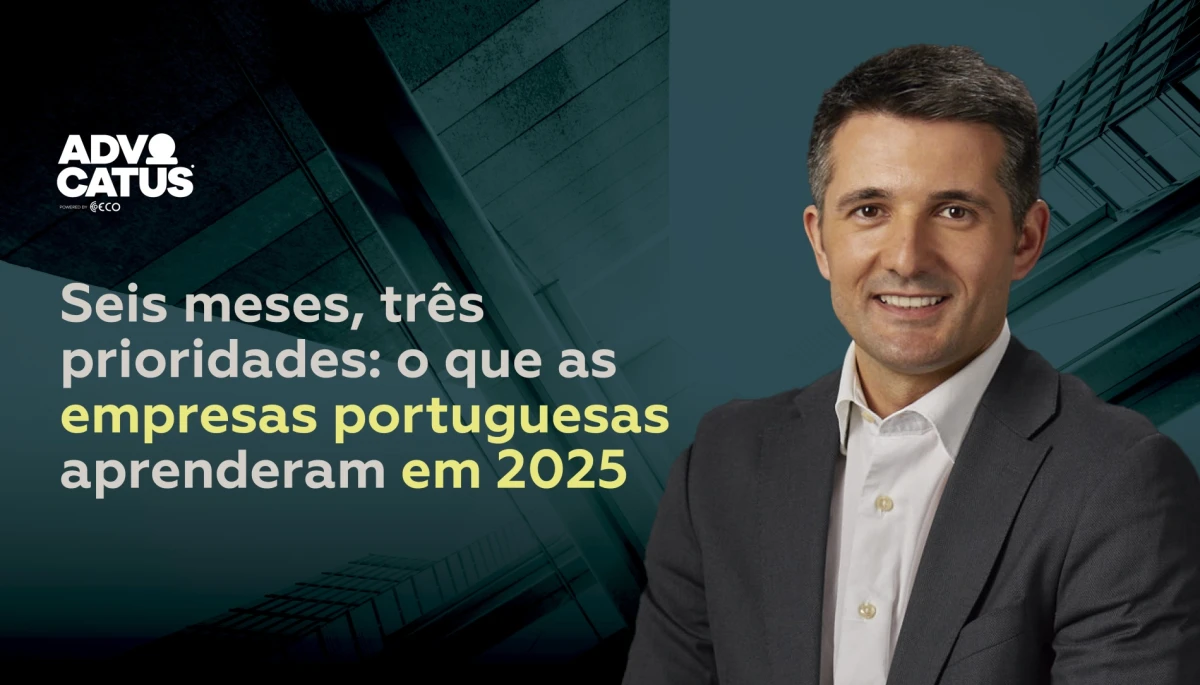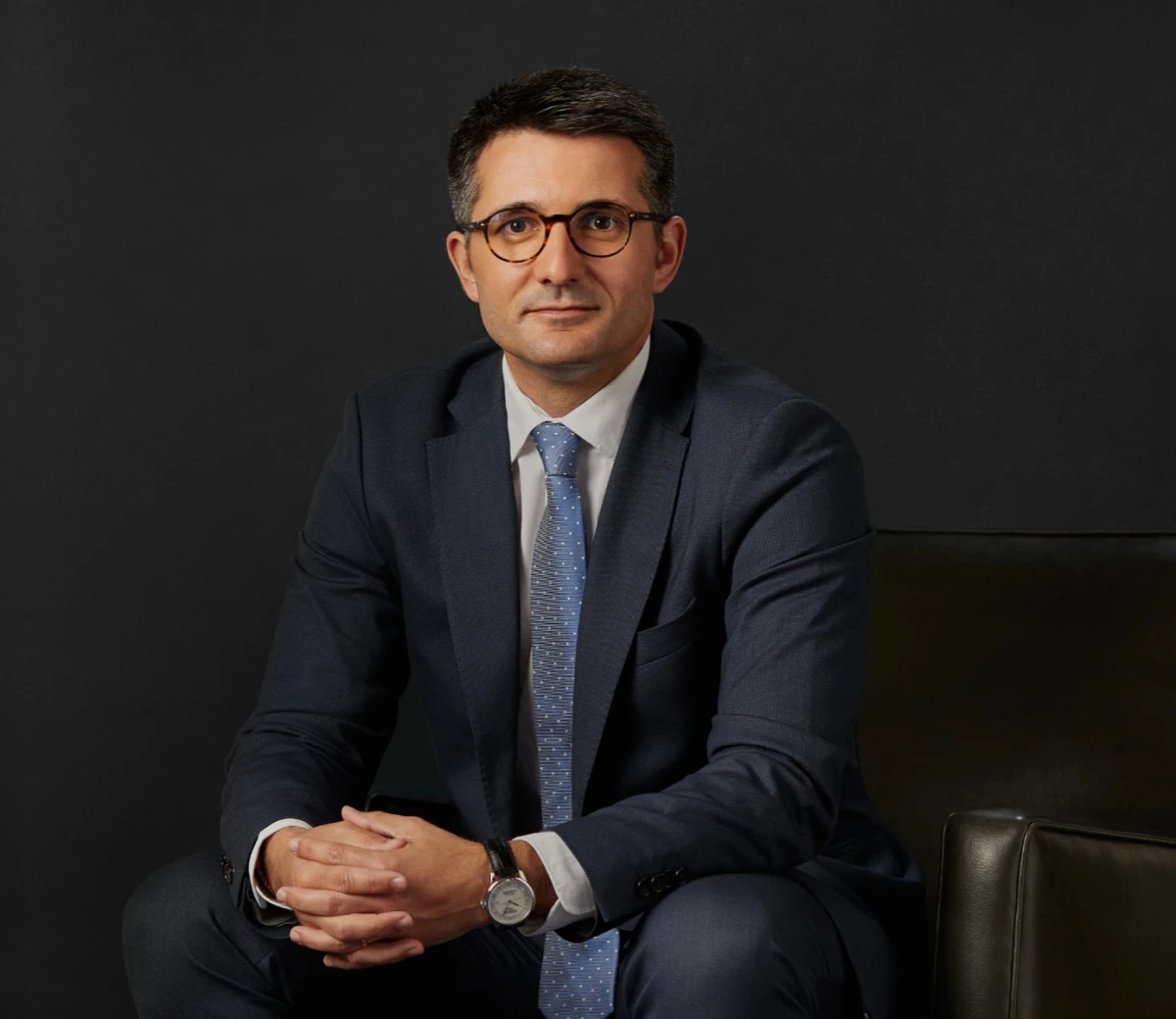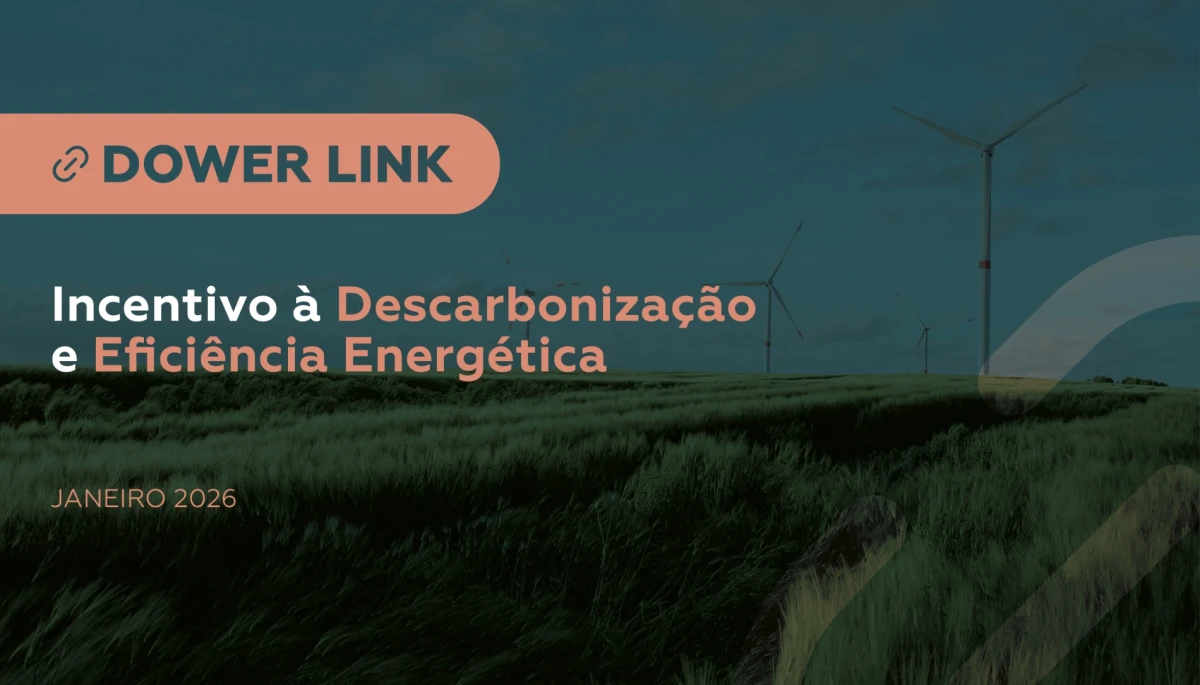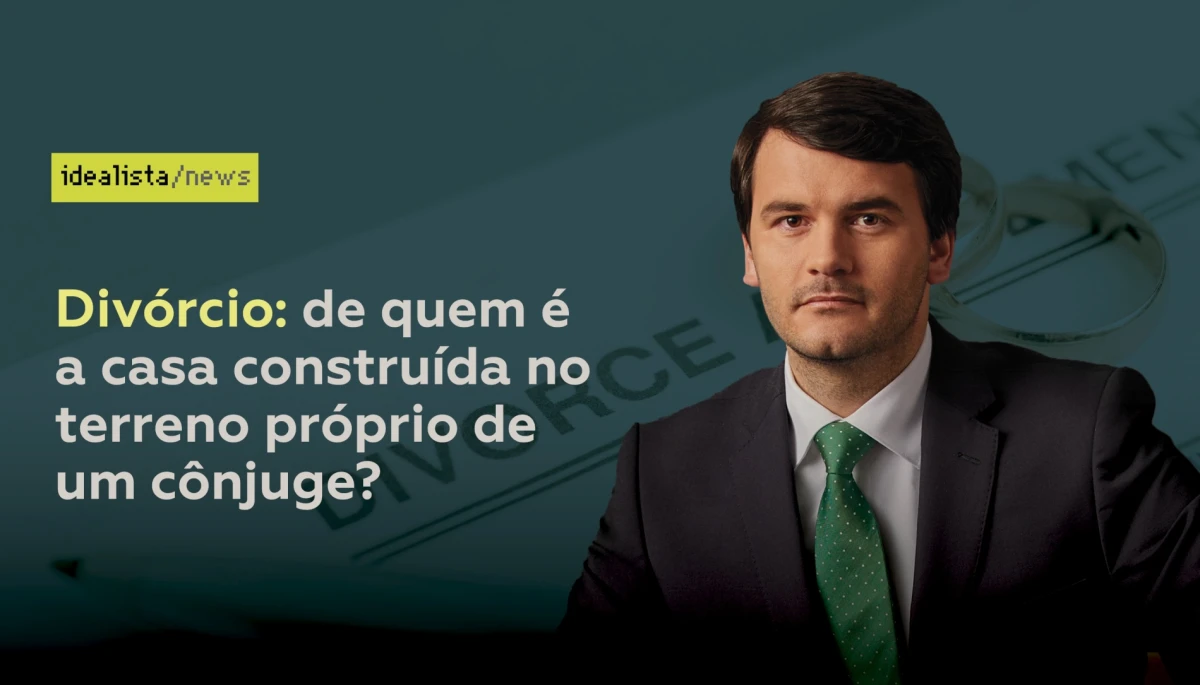
Six Months, Three Priorities: What Portuguese Companies Learned in 2025

The companies that will overcome the challenges of the second half of 2025 are those that turn uncertainty into decision-making capability. Those that understand that, more than resisting, it's necessary to reposition.
The first half of 2025 confirmed what many business leaders had already sensed in recent years: stability is the exception, not the rule. Companies that once operated with long-term planning cycles now face a context that demands agility, signal-reading, and continuous adaptability. Among the various challenges that marked the past six months, three major themes have emerged as top priorities on the agenda of Portuguese companies: the impact of international events, domestic political instability, and technological transformation.
The effects of geopolitical shocks have ceased to be a distant concern and have become a tangible risk variable in day-to-day business. The prolonged war in Ukraine, rising tensions in the Middle East, and more recently, the imposition of new tariffs by Donald Trump’s U.S. administration — directly affecting European products — have increased export costs and heightened global protectionism.
These measures particularly affect Portuguese sectors with an international footprint, such as agri-food, textiles, and metalworking, forcing a reassessment of key markets and trade routes. In a country whose economy is heavily reliant on exports, this new reality has brought important lessons: diversification of destinations, reshoring of suppliers, and an emphasis on local production are no longer mere trends — they have become strategic imperatives.
Domestic political instability, marked by early elections and a fragmented parliamentary scenario, has led to paralysis in critical areas of governance. This uncertainty, combined with delays in the implementation of EU funds and the lack of structural reforms, has created an atmosphere of hesitation. The impact is direct: postponed investment decisions, increased legal uncertainty, and a brake on business innovation.
Companies — particularly small and medium-sized ones — are feeling the effects of the lack of a clear and predictable framework. Yet, this environment has also highlighted the strength of civil society and the private sector, which continue to push forward. My profession has placed me in a privileged position to witness the professionalisation of management, the investment in training, the adoption of good self-regulatory practices, and the growing relevance of human capital.
The third key takeaway of the year is technological. The pace of digital disruption — accelerated by generative AI tools, automated platforms, and real-time data solutions — has redefined competitiveness factors. In 2025, those who haven’t digitised processes, empowered their teams, or redefined the customer experience are, inevitably, at a disadvantage. However, this transformation is not just about software. It requires a profound cultural shift: openness to innovation, tolerance for failure, and leadership capable of integrating technology in a strategic, ethical, and sustainable manner.
These past six months have been a stress test for Portuguese organisations. The international context remains volatile. Domestic politics, unpredictable. And technology, unstoppable. In this scenario, there are no easy answers — but there are possible paths.
The companies that will overcome the challenges of the second half of 2025 are those that turn uncertainty into decision-making capability. Those that understand that, more than resisting, it is essential to reposition. And those that know the future is not foretold — it is built.



